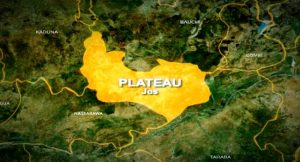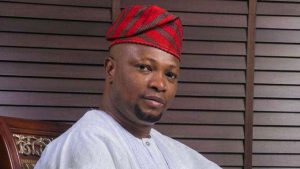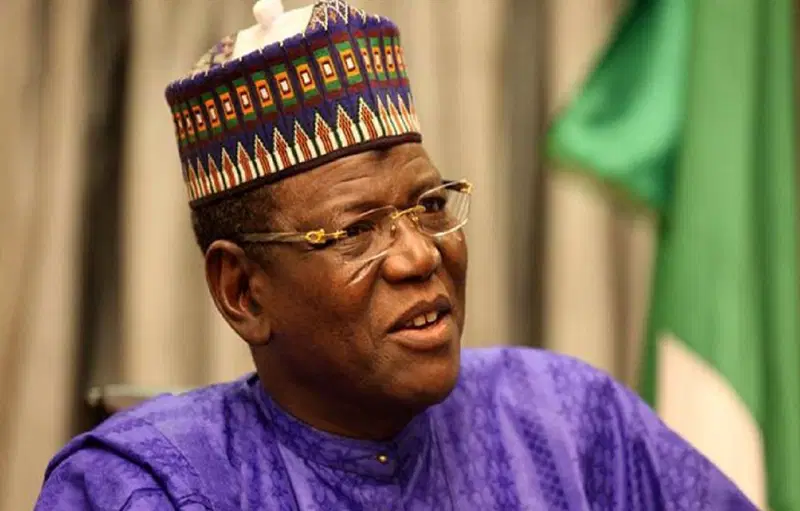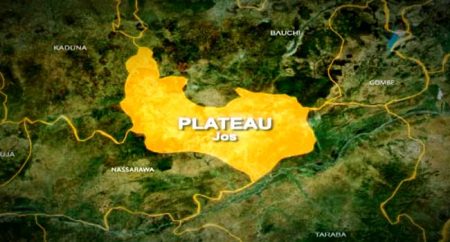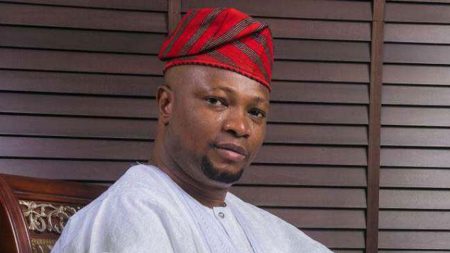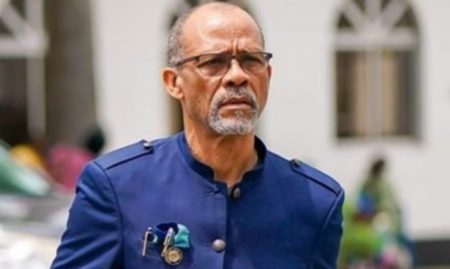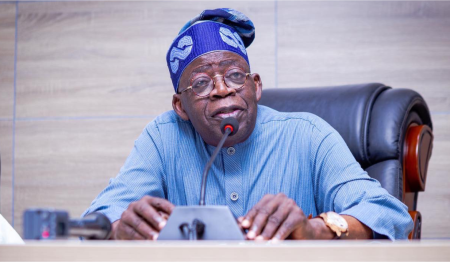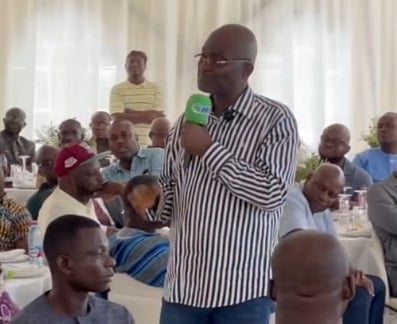Paragraph 1: Lamido’s Accusation and Historical Context
Sule Lamido, a former governor of Jigawa State, has launched a pointed attack on President Bola Tinubu’s historical narrative concerning the annulled June 12, 1993, presidential election. Lamido contends that Tinubu, contrary to his presented image as a pro-democracy activist, actively supported the annulment orchestrated by General Ibrahim Babangida. This election, widely believed to have been won by Moshood Kashimawo Olawale Abiola, was a pivotal moment in Nigeria’s democratic journey, marking a significant setback in the transition from military rule to civilian governance. Lamido’s accusations place Tinubu firmly on the side of the military regime during this critical juncture, challenging the president’s subsequent portrayal of himself as a champion of democracy.
Paragraph 2: Tinubu’s Alleged Support for Babangida and the Role of his Mother
Lamido goes further to claim that Tinubu, then a senator under the Social Democratic Party (SDP), was not only complicit in the annulment but a "major supporter" of Babangida’s actions. He alleges that Tinubu’s mother, Alhaja Abibat Mogaji, played a role in mobilizing support for Babangida among Lagos market women following the annulment. This assertion paints a picture of Tinubu’s family actively involved in bolstering the military regime’s position in the aftermath of the annulled election, further solidifying Lamido’s narrative of Tinubu’s alignment with the anti-democratic forces of the time.
Paragraph 3: Tinubu’s "Dramatisation" of His Role in Democracy
Lamido dismisses Tinubu’s public pronouncements about his contribution to the pro-democracy struggle as a theatrical exaggeration. He criticizes what he perceives as Tinubu’s attempt to "rewrite and deconstruct history" after becoming president, portraying it as a self-serving narrative designed to obscure his true role in the events surrounding June 12. Lamido insists that Tinubu’s activism only became apparent after General Sani Abacha seized power from Babangida, suggesting that Tinubu’s pro-democracy stance was a calculated move made after the initial power struggle had subsided. This accusation casts doubt on the sincerity of Tinubu’s democratic credentials, framing his activism as a opportunistic move rather than a principled stand.
Paragraph 4: Criticism of NADECO and Tinubu’s Alleged Flight from Nigeria
Lamido extends his critique to the National Democratic Coalition (NADECO), a prominent pro-democracy group that Tinubu later joined. He questions their absence during the immediate aftermath of the June 12 annulment, insinuating that their activism was belated and less impactful than they claim. He alleges that while he and others remained in Nigeria to resist the military regime, Tinubu fled the country. This accusation of desertion further undermines Tinubu’s portrayal of himself as a courageous fighter for democracy, depicting him instead as someone who avoided the initial risks of resistance.
Paragraph 5: The Significance of the June 12 Election and its Aftermath
The June 12 election holds immense significance in Nigeria’s political history. Seen as the freest and fairest election in the country’s history up to that point, its annulment triggered widespread protests and a political crisis that deepened the existing tensions between the military regime and the yearning for democratic governance. The subsequent years saw the rise of pro-democracy movements, including NADECO, which played a crucial role in advocating for the restoration of democratic rule and the recognition of Abiola’s mandate. This period was marked by repression, exile, and the struggle for fundamental human rights and political freedom. Lamido’s accusations against Tinubu are situated within this complex and turbulent period, adding another layer to the already contested narratives surrounding the struggle for democracy in Nigeria.
Paragraph 6: Lamido’s Political Opposition and Future Implications
Beyond historical accusations, Lamido’s statements carry significant political weight. His open declaration of opposition to Tinubu and his intention to work towards his removal from office in the 2027 general elections mark a clear political stance. By directly challenging Tinubu’s historical narrative and legitimacy, Lamido aims to weaken his political standing. These accusations, especially considering the sensitive nature of the June 12 election in Nigeria’s collective memory, have the potential to resonate with certain segments of the population and influence political discourse in the lead-up to future elections. The ongoing debate surrounding Tinubu’s role during this period is likely to continue shaping the political landscape and influencing public perception of the president and his administration.


